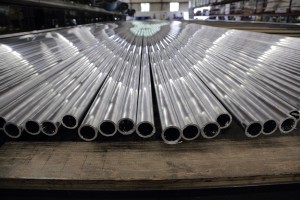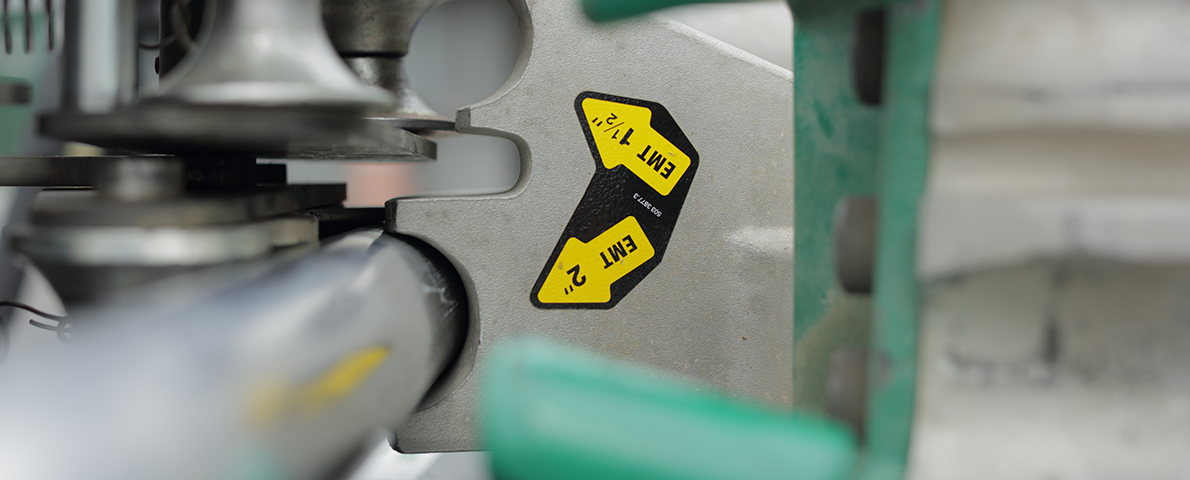Significant savings can be achieved by choosing aluminum conduit vs its steel counterpart. If you are looking for ways to control your project costs, rigid aluminum conduit from American Conduit can replace rigid steel conduit in virtually all locations.

American Conduit is a product brand of Hydro, a fully integrated aluminum company that serves about 30,000 customers globally. We have more than 35 years of experience in the production of rigid aluminum conduit and aluminum electrical metallic tubing, making the products available to customers from coast to coast in a wide range of lengths and diameters to suit even your most complex applications.
Steel vs Aluminum: Cost Savings
Cost is an essential component of any project. If you believe that rigid aluminum conduit is more expensive than rigid steel, we encourage you to reexamine the facts.
Today, aluminum offers cost per foot savings of 10% to 20%. Labor savings amount to 35% to 75% versus rigid steel, primarily because aluminum is one-third lighter in weight than steel and easier to maneuver and install. The lighter material weight of aluminum also translates to additional cost savings in terms of shipping.
Steel vs Aluminum: Corrosion Resistant
Unlike steel, aluminum resists corrosion without further treatment, which may be its greatest attribute. Galvanizing is not required, and there is no paint or coating to wear or scratch off. These factors are most advantageous when your application involves a moist, damp or abrasive environment.
Rigid aluminum conduit will not rust or discolor even after extended outdoor exposure, minimizing the dangerous conditions that arise when steel rusts out. This is particularly important in the case of tunnels, bridges, parking garages and other outdoor construction areas involving infrastructure.
Steel vs Aluminum: Non-sparking & non-combustible
Unlike steel, aluminum conduit is non-sparking and does not burn, which eliminates the risk of explosion or fire in highly flammable environments. This is particularly important in refineries, coal mines, waste water treatment facilities and grain elevators.
Steel vs Aluminum: No welded seams
Unlike rigid steel conduit, aluminum conduit is produced as a single pipe, so there is no welded seam to fail or snag wires during installation. Rigid aluminum conduit can also be easily bended and threaded—equal to, or more easily than rigid steel conduit—representing an easier pull-through and faster installation.
Steel vs Aluminum: Recyclable
Rigid aluminum conduit can be infinitely recycled into new raw material without losing any of its superior characteristics. When re-melted, it does not omit toxins or poisonous gasses. Studies have shown that 95% of aluminum used in building and construction is recycled at the structure’s end-of-life, representing a true beginning-to-end cost savings advantage.
We invite you to review American Conduit’s case studies for examples of projects where aluminum conduit was substituted for steel conduit and resulted in substantial material and labor savings.
When you are ready for a cost-effective switch from rigid steel conduit to rigid aluminum conduit for your next project, American Conduit can meet your demand. Get in touch with us at 1.800.334.6825 for additional information, or request a quotation today.

